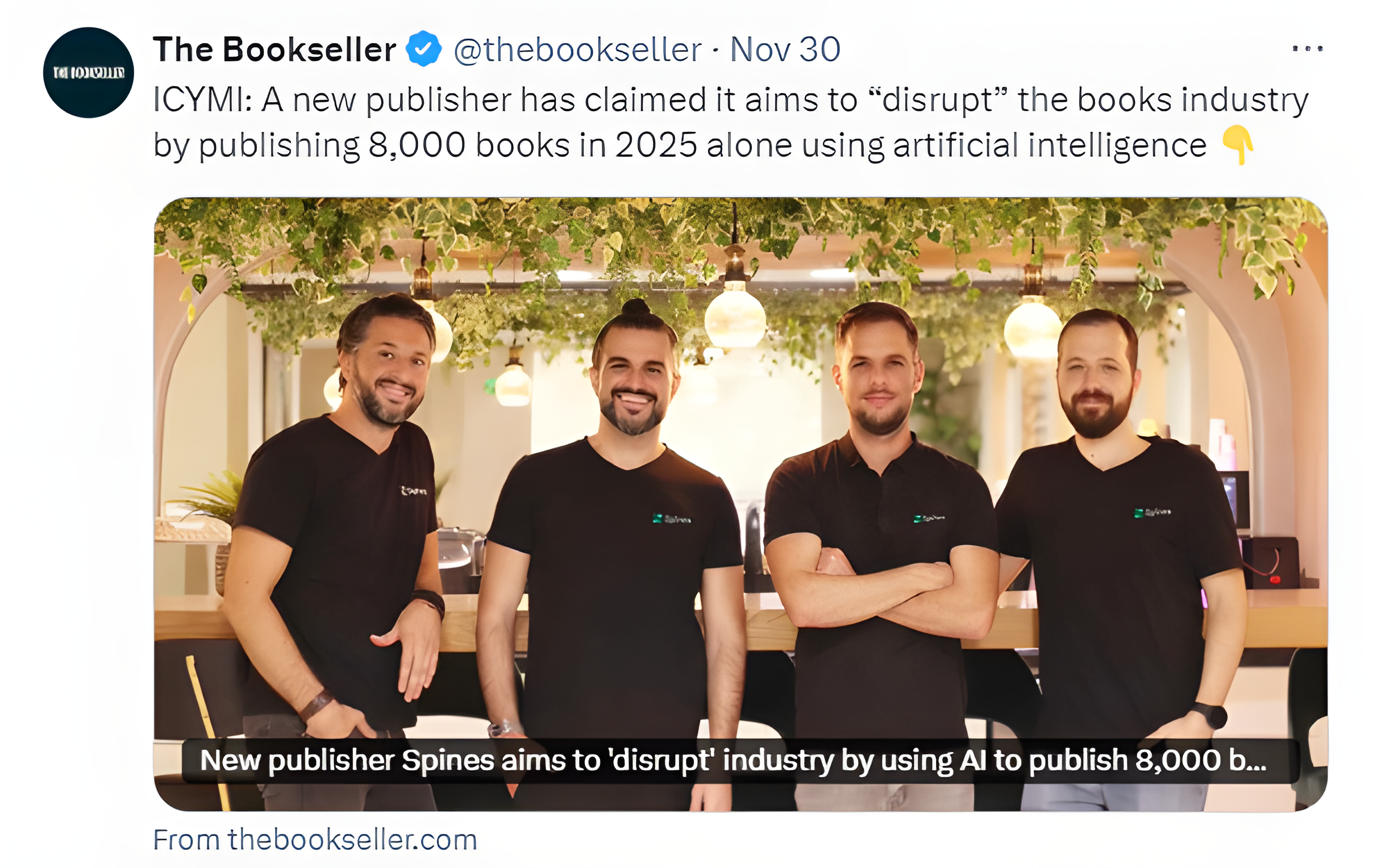·Oona · blog · 5 min read
When a starfish loses a limb, it doesn’t die
Darwin's most famous quote comes from On the Origin of Species: 'It is not the strongest of the species that survive, nor the most intelligent, but the one most responsive to change.'

I should know, because I am the limb that got lost.
Darwin’s most famous quote comes from On the Origin of Species: “It is not the strongest of the species that survive, nor the most intelligent, but the one most responsive to change.”
Many starfish species can regrow lost arms; sometimes, the detached limb can grow into a completely new starfish. This regenerative ability is due to the special cells in starfish that can divide and specialize into the necessary tissues.
Becoming part of a starfish
I had the opportunity to jump out of the rat race a few years ago thanks to Mr. Money Mustache, the FIRE movement, and Bitcoin. I was on the brink of burnout and got out just in time. What a feeling, nothing to do, freedom at last. A few months flew by and Niko contacted me; I should join the Konsensus Network team. Wow, I knew that people do something when they are financially independent, but this soon? Bitcoin is the next revolution in money, so I couldn’t say no. This would be fun! When a new project is exciting and revolutionary, few things happen.
- You have a lot of fun.
- That fun can take up a lot of mental space.
A limb gets defected
You think about the problems and solutions 24/7 or at least my brain does. And while my brain is thriving and trying to find possible solutions for the problem, the creep called burnout crawls back.
The growing pressure became overwhelming. And this pressure is coming inside my brain, not from the organization. This led to mental and physical paralysis, where I felt incapable of facing my responsibilities. My reaction to this overwhelming stress is to isolate myself.
The survival instinct takes over
Brain: WARNING! |You are in danger.|
Me: How?
Brain: Detected: |Life-threatening stress levels.|
Me: Why?
Brain: Cause: |There are dozens of notifications on Telegram.|
Me: What should we do?
Brain: Activate threat prevention: |Delete Telegram.|
Disappearing act of a starfish limb
I’m not proud of it, but I deleted myself from everything related to the Konsensus Network.
I just died and fell off like an injured starfish limb. And damn did it feel good. This isolation serves as a coping mechanism, temporarily escaping from the stressors. I felt bad, but from the shadows, I observed as Konsensus Network thrived, it made me happy. My presence in the organization was optional.
Thriving starfish organization
Adaptability and a decentralized network make a starfish organization, like the Konsensus Network, immortal. There would be others to take my place. I didn’t have any silent information, that would die with me.
Decentralized information is growing on its own, and new starfish babies are increasing all over the globe. The company’s growth compounds one starfish and a book at a time.
Slowly regrowing, Oona, Bitcoin Lady Podcast, Finland.
Sometimes ChatGPT knows best.
In a starfish organization, the ability for limbs to die and regenerate offers several key benefits:
- Resilience and Continuity
When a limb (or member) of the organization is lost, the organization doesn’t suffer a catastrophic failure. Instead, it continues to function seamlessly. This resilience ensures that the organization can withstand individual departures without losing momentum.
- Adaptability and Growth
The regenerative ability allows the organization to adapt and evolve continuously. As new limbs grow, they bring fresh perspectives, ideas, and energy, which can invigorate the organization and help it stay relevant and innovative in a rapidly changing environment.
- Distributed Leadership and Empowerment
Since there is no central leadership, every member has the potential to take on leadership roles and contribute significantly. This distributed leadership model empowers individuals, fosters a sense of ownership, and encourages proactive problem-solving.
- Redundancy and Knowledge Sharing
Information and responsibilities are distributed across the organization, so the loss of one limb does not result in a loss of critical knowledge or skills. This redundancy ensures that crucial functions and information are preserved and accessible.
- Enhanced Collaboration and Volunteerism
The organization thrives on the passion and dedication of its members. When limbs regenerate, new volunteers and contributors bring their unique skills and enthusiasm, enhancing collaboration and driving collective success.
- Sustainable Growth
The continuous process of regeneration allows for sustainable growth. As older members step back, new members step up, creating a dynamic environment where the organization is constantly refreshed and revitalized.
- Innovation and Flexibility
With no rigid structure to constrain it, a starfish organization can quickly pivot and innovate. The loss and subsequent regeneration of limbs can lead to adopting new approaches and solutions that might not have emerged in a more static, hierarchical organization.
- Decentralized Problem-Solving
Challenges can be addressed at multiple organizational levels, enabling faster and more diverse problem-solving approaches. This decentralization allows for a more flexible and responsive organizational culture.
In conclusion, my journey within the Konsensus Network has been a testament to the resilience and adaptability of a starfish organization. Just as a starfish can regrow its limbs, the Konsensus Network thrives through continuous renewal and decentralization. While my limb may have fallen off and taken a break, it only allowed new, enthusiastic limbs to grow and propel the organization forward.
So, if you ever find yourself overwhelmed and needing to detach, remember: that sometimes, falling off is just the first step towards growing back stronger. After all, in a starfish organization, losing a limb isn’t the end—it’s just a chance for a new beginning. Now, if you’ll excuse me, I have some regrowing to do.



